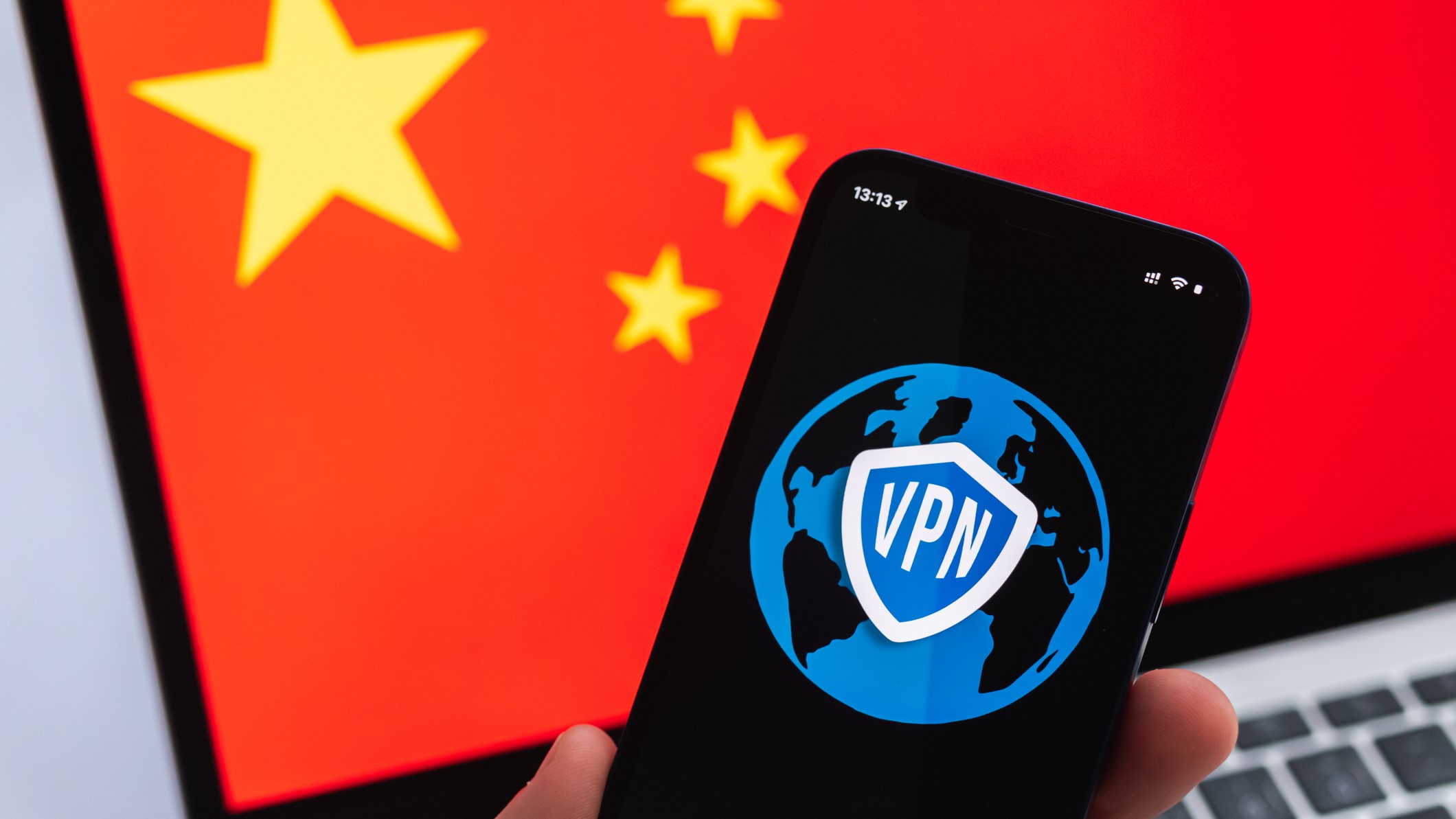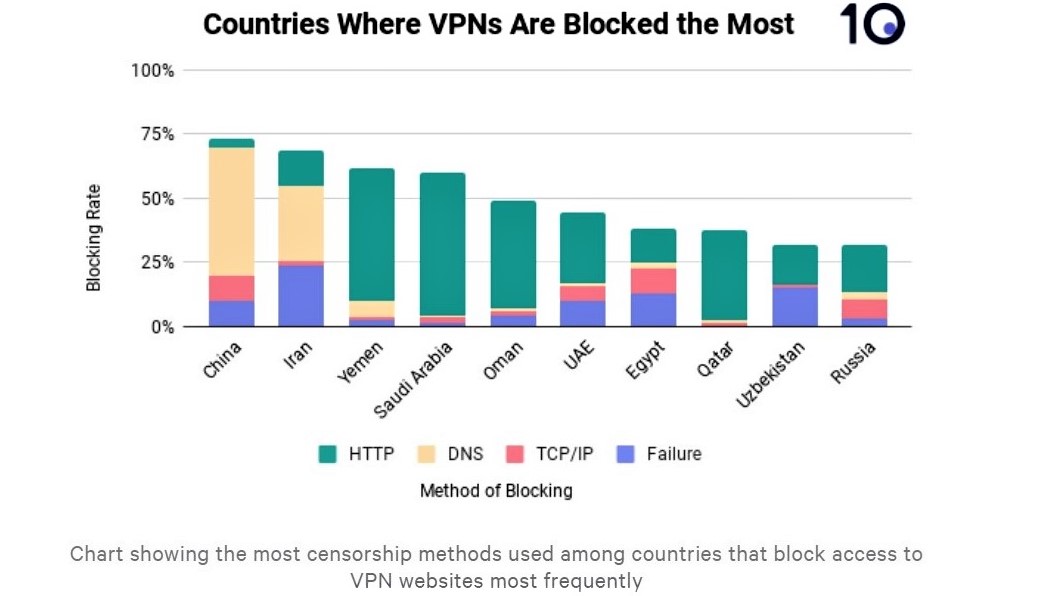China VPN plans could allow up to 50% foreign ownership
"As a VPN service, we are totally against this"

Sign up for breaking news, reviews, opinion, top tech deals, and more.
You are now subscribed
Your newsletter sign-up was successful
China is set to increase VPN services in the country by allowing foreign ownership up to 50% for each provider amid a "dishonest track record in governing tech companies."
The announcement is part of a set of guidelines published on August 13 aimed to boost increasingly backsliding foreign direct investment (FDI) rates in China. The 24 measures also include more fiscal and tax support to foreign firms willing to invest, the set up of new research and development centers, as well as enhanced intellectual property protections.
Above all, the proposal of boosting China VPN has surely been welcomed with great suspicion by many across the industry. In fact, despite not being completely illegal, the Chinese Communist Party (CCP) has banned the use of VPN software not authorized by the government.
The controversy around VPNs in China
"What this VPN announcement by China shows is how desperate it is amidst an economic downturn," Sebastian Schaub, CEO at Hide.me, told TechRadar.
High government control on businesses, combined with geopolitical tensions has scared off foreign investors out of the country's border lately. Data from the Ministry of Commerce shows the FDI into China from January to June falling 2.7% year on year to 703.65 billion yuan (US$98 billion)—the South China Morning Post reported.
The moves could also be seen as a direct reaction to US President Joe Biden's China investment ban which prohibits US investments across critical technology sectors like semiconductors, quantum computing, and artificial intelligence.
Besides, the CCP previously unveiled a similar pilot to allow foreign investments in VPNs across the city of Beijing only. Yet, these plans didn't halt the government from cracking down on VPN services—China actually won the gold medal in VPN censorship in 2022.
It didn't stop authorities from arresting people under the 2021 Cyberspace Administration of China rules, either. As, according to the SCMP, the law explains that "no individual or organization shall provide 'programs, tools, routes' or services, including internet access, server hosting, technical support, promotion, app downloads, or payment and settlement for 'penetrating and bypassing the cross-border data security gateway.'"

Schaub noted that "what concerns me the most and should also concern consumers is the Chinese government's dishonest track record in governing technology companies."
He continued: "We know from other examples that state-owned companies in China have to pass data back to the government, which then leads to the censorship of users. As a VPN service, we are totally against this."
Despite this announcement, the law in China still requires VPN companies to be based and keep all their servers within the country. Providers are also required to log users' activities and hand these records over to the CCP upon request.
It goes without saying that this level of government control explicitly goes against the reason why businesses and consumers use virtual private network apps in the first place: better data privacy, security, and anonymity.
What's certain is that Beijing has started to realize that, as its Great Firewall gets stronger, the country's economy weakens, becoming increasingly more isolated.

Sign up to the TechRadar Pro newsletter to get all the top news, opinion, features and guidance your business needs to succeed!

Chiara is a multimedia journalist committed to covering stories to help promote the rights and denounce the abuses of the digital side of life – wherever cybersecurity, markets, and politics tangle up. She believes an open, uncensored, and private internet is a basic human need and wants to use her knowledge of VPNs to help readers take back control. She writes news, interviews, and analysis on data privacy, online censorship, digital rights, tech policies, and security software, with a special focus on VPNs, for TechRadar and TechRadar Pro. Got a story, tip-off, or something tech-interesting to say? Reach out to chiara.castro@futurenet.com